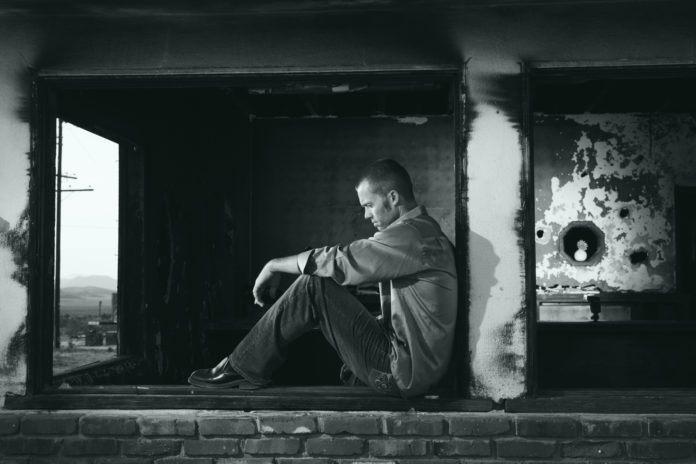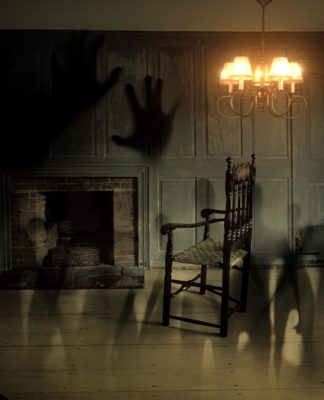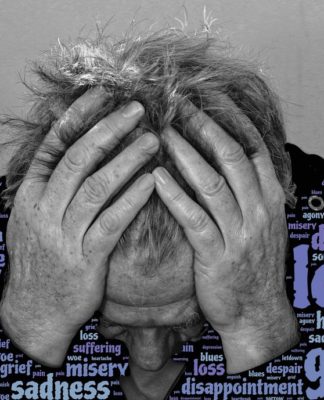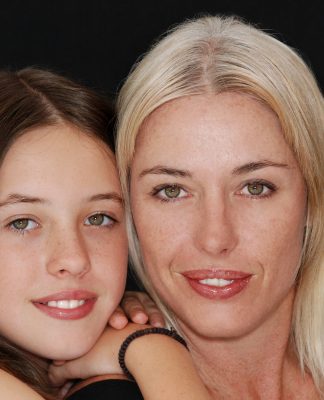Did you know that rates of suicide are highest in the spring and summer months? The Center for Disease Control and Prevention and the National Center for Health Statistics report that suicide rates in the United States are lowest during the winter months and highest during the spring and summer. This seems counter intuitive, as more people impacted by the winter blues, known as Seasonal Affective Disorder (SAD). SAD is a type of depression that is usually present during the winter as the days grow shorter with decreased amounts of sunlight. SAD can turn into a chronic depression, a serious illness that can last for months and years. In fact, depression is the most common and widespread of all the psychiatric disorders and is the leading cause of disability worldwide.
We all have fluctuations in our mood, but when these telltale signs are hanging on for months and are more than the typical ups and downs we face in life, it’s time to be aware of the signs and take action…because living in a depressed state is not living at all! As we embark upon spring and the days grow longer with sunlight, take note to see if your mood is getting better.
Each person may experience depression differently; however, here are the 10 telltale signs:
1. Anger and irritability. You have a low frustration tolerance for most things, are easily annoyed or mad, and are grumpy and unpleasant to be around.
2. Hopeless and worthless. You can’t see the positive side of things and feel as though you have no options.
3. Lost your zest in life. You have lost your interest in things you previously enjoyed and have difficulty finding and feeling the pleasure in things.
4. Sadness. Your stream of negative thoughts can’t be controlled and you may be crying for no good reason.
5. Fatigue and loss of energy. You have chronic feelings of being tired and are not motivated to begin tasks.
6. Guilt. You frequently criticize yourself for the mistakes you have made in your life
7. Concentration problems. A slowed thought process takes over and it’s more difficult to make decisions and to concentrate.
8. Changes in Appetite/Sleep. Your eating and sleep habits have changed. Your uncharacteristic habits include eating and sleeping too much or too little.
9. Reckless behavior. You escape with alcohol, drugs, gambling, and other dangerous activities.
10. Suicidal thoughts. It’s one thing to have the fleeting thought, “I want to die,” but thoughts of harming yourself on a daily basis with the intent to act, is a serious symptom of depression that requires immediate professional help. Speak to your health care professional and reach out to suicide hotlines 800-SUICIDE (800-784-2433) and 800-273-TALK (800-273-8255).























